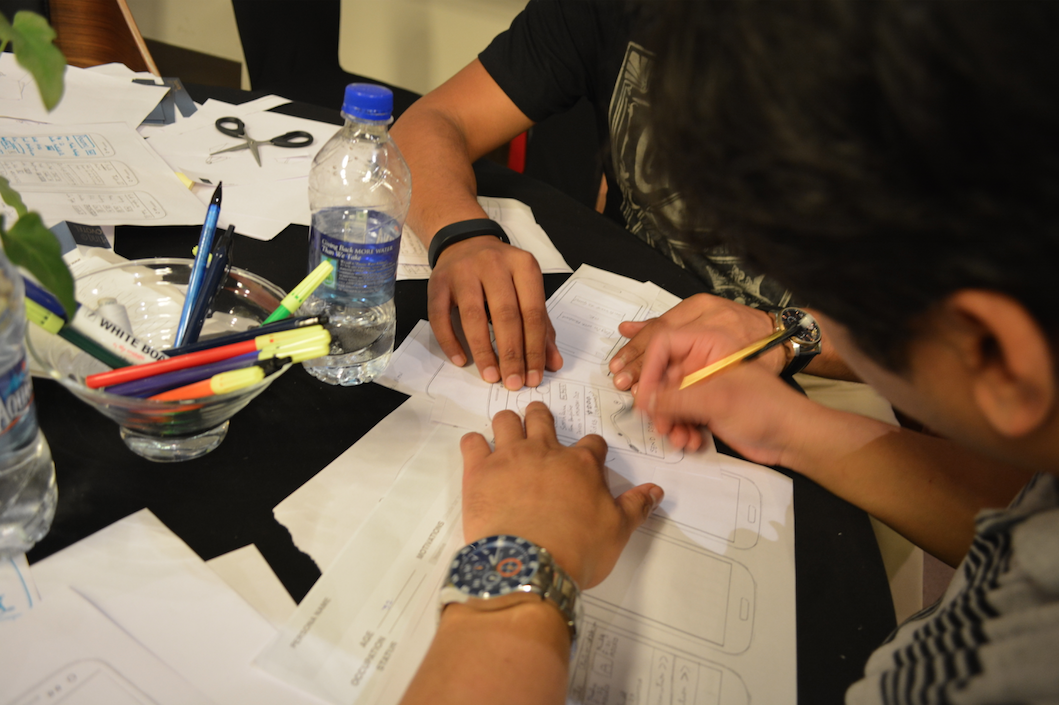When I graduated from the Department of Design at IIT Guwahati, back in 2005, the graduates were given a Bachelors in Design degree with a specialisation in either Communication Design (CD) or Product Design (PD). At the end of the first semester, the students had to chose either one of them.
I graduated from Communication Design, as I had an interest towards Graphics, film, photography. It is an interesting story how I ended up choosing CD. My fascination for typography, and the dislike for Mechanics (a subject that Product Designers had to study), made the choice very clear.
When we graduated almost everyone in the batch had a job. But the interesting thing was that for many it was not in the discipline of design. A few of us had what was called User Interface Designer, Usability Engineer, or Some of my batchmates went on to study management, some into finance and some went on to take up positions and eventually a career track change to Software development. Design jobs were tough to find, and being a Product Designer, the one that made physical products were tougher.
Years have gone by and the term ‘Product Design’ and ‘Product Designer’ is something that I see appearing in resumes more frequently now. Our understanding of the product has evolved. From what was earlier seen only as physical objects, we now talk about products in relation to Software products. In the Tech industry, where I have had the most experience of working in, the term Product Design is used widely today. This could also be due to the rise of startups and entrepreneurs trying to build solutions.

As design educators, we also need to think about whether what we teach about Product design, have to be changed, or the fundamentals and philosophies of design will continue to remain and it is just a question of adapting your learning to what’s contemporary and the need of the industry.
When User Experience as a career choice became more popular you had people from varied backgrounds sign up. There were product designers, graphic designers, artists, content writers, philosophy majors, psychology majors, human factors specialists all vying for the position. The umbrella of User Experience was (is) so vast that it does end up taking a wide range of professionals.
In the days where Internet of things is going to become a more integral part of our lives, and omni-channel experience is what people are going to be looking for, the role of the product designer will be all the more critical. These augurs well for the discipline of User Experience.
We will eventually see it going one step ahead with not just thinking about products but also about the system in which the product is placed and delivers the experience.
The trends that are evident, point to the fact that the economy will be experience driven. The experiences will be provided through products. Product Designers will be higher in demand and will be expected to work closely with the Product managers and people from a wide range of capabilities and expertise, all in order to ensure he success of their products.
These are indeed exciting times in the field of UX.
